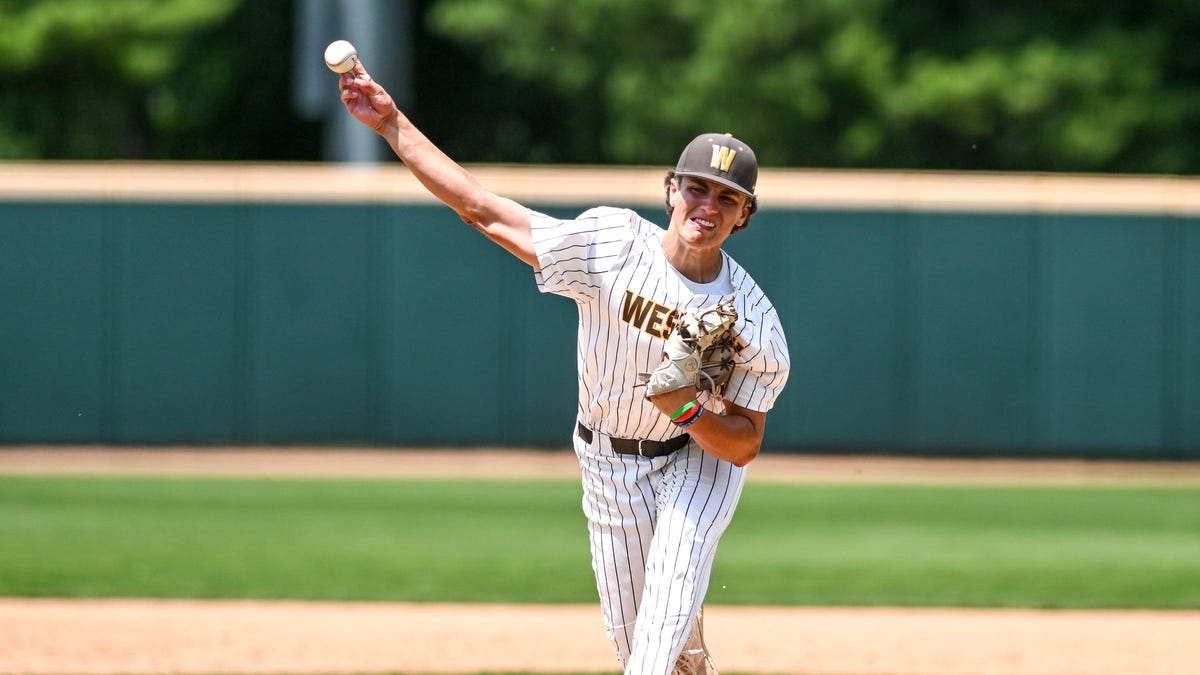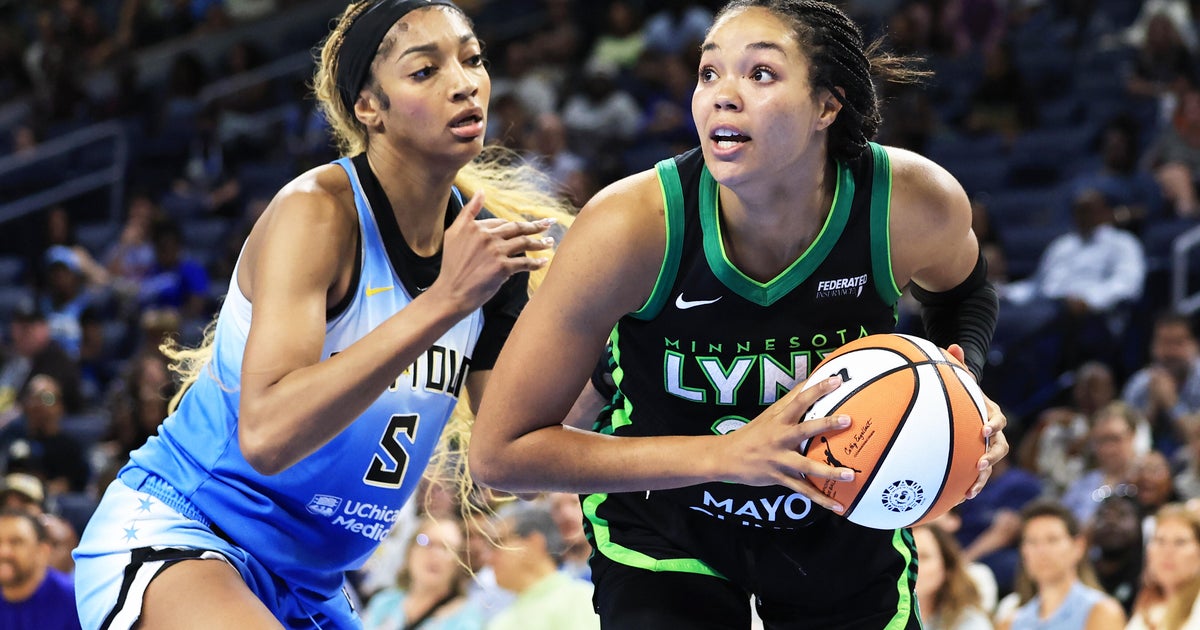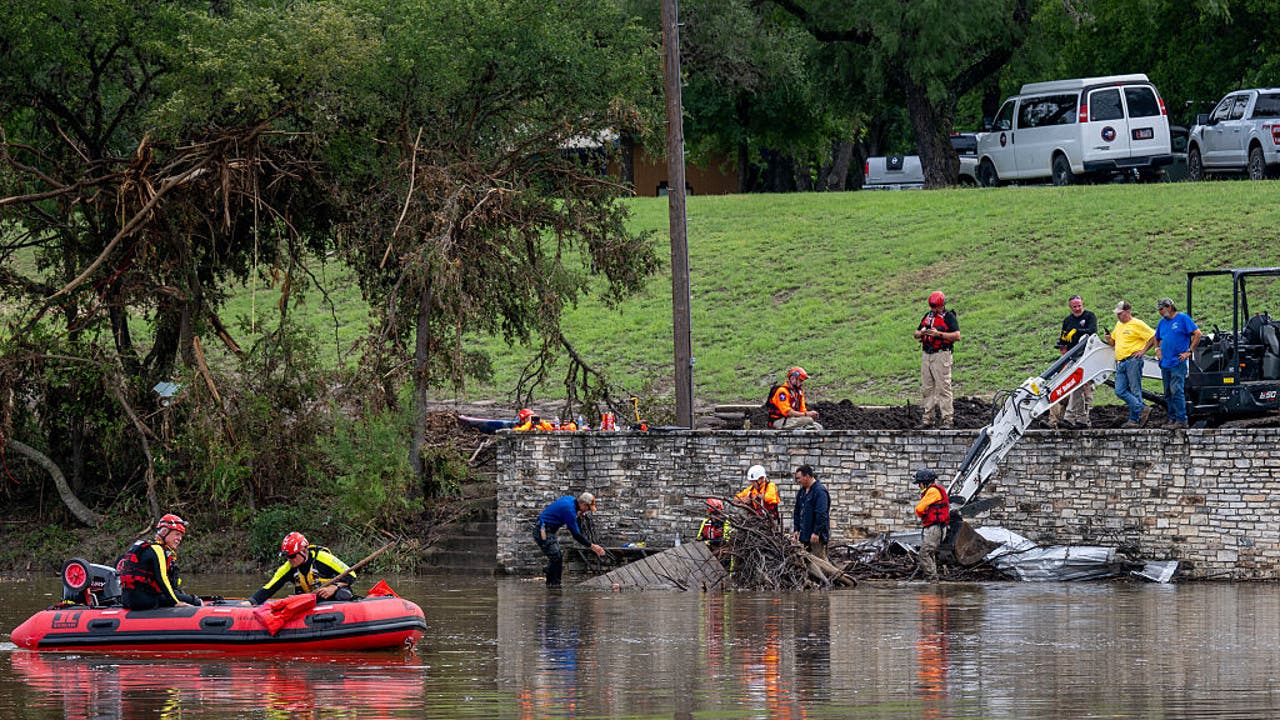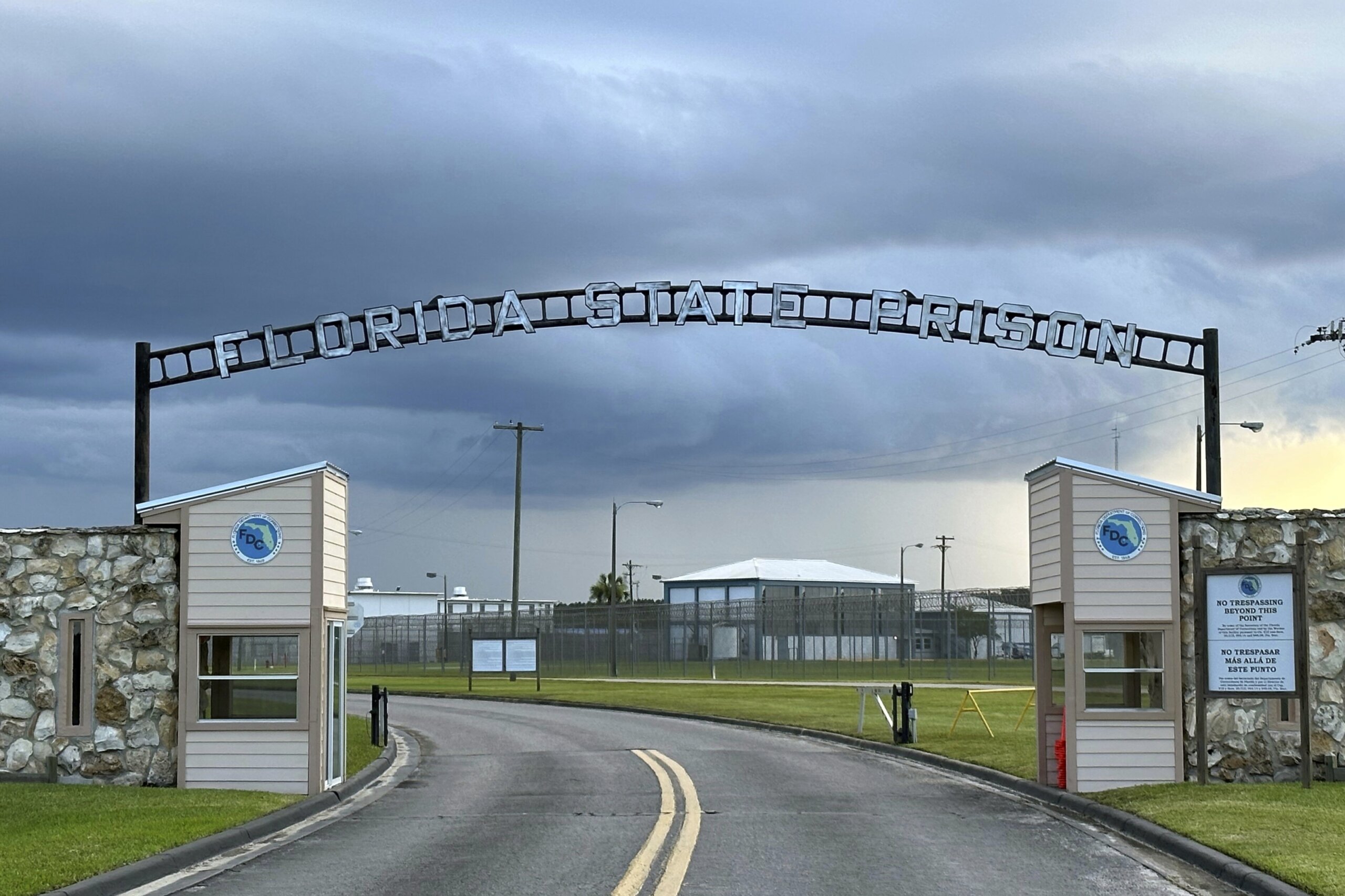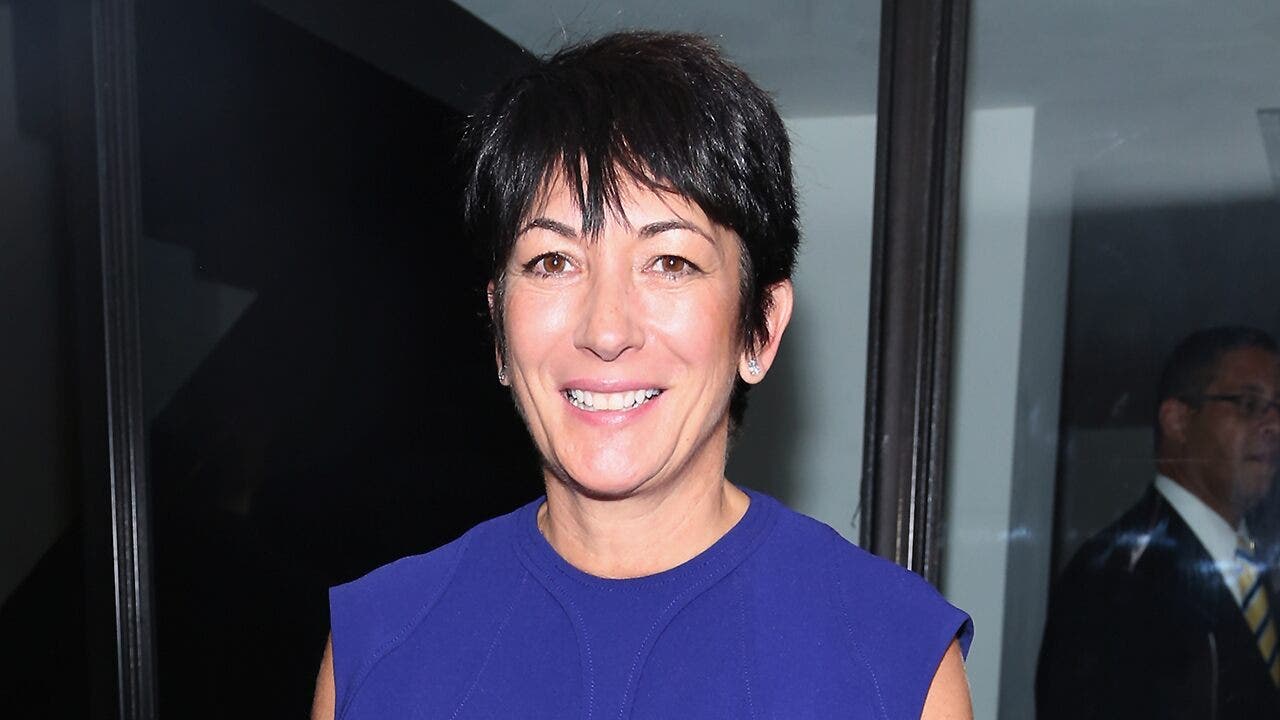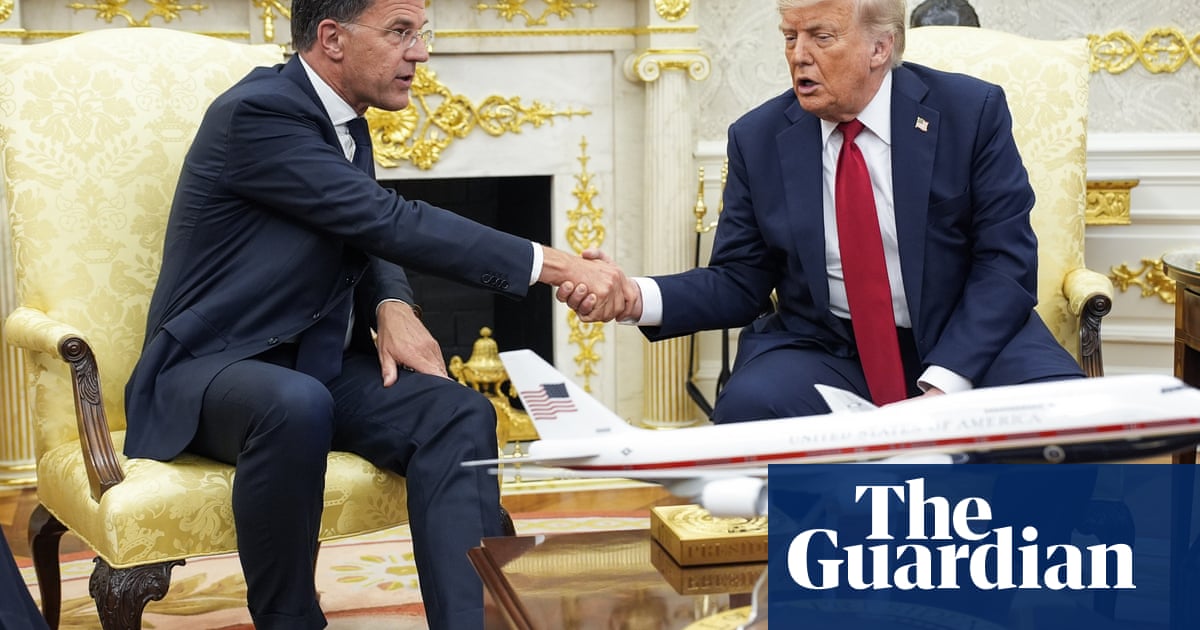Utah
Lessons in the lockdown: Can one school’s response to shots fired help improve safety plans in Utah?
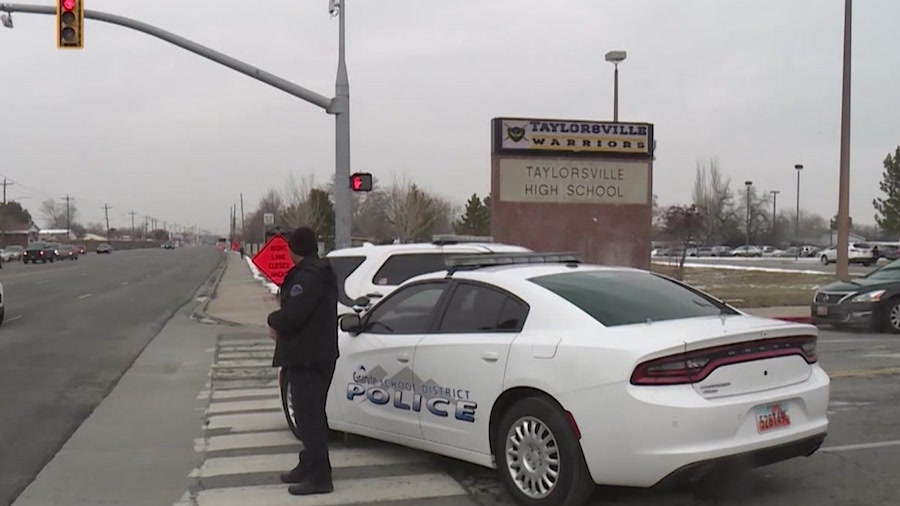
TAYLORSVILLE, Utah – When there is potential danger at school, quick action is key to protect students.
After gunshots rang out in the parking lot of a Utah high school earlier this year, the KSL Investigators began reviewing the school and law enforcement response – and asking if commonly used safety protocols are the best option.
Police logs and dispatch audio from the Jan. 26 lockdown at Taylorsville High – obtained by KSL through public records requests – show several factors complicated that response, including differing assumptions about the source of the sound.
Both the district and the Taylorsville Police Department stand by the decisions made that day, saying their employees took care to gather facts and remain calm instead of immediately calling a school lockdown based on limited information. But are there lessons to be learned from that day?
Gunshots or fireworks?
It was lunchtime at the school when a neighbor’s doorbell camera recorded distinct popping sounds at 12:24 p.m. on Jan. 26. Within five minutes, the homeowner and two other callers dialed 911, reporting gunfire, audio recordings indicate.
“There was two kids that just shot guns,” one student caller said.
But that’s not what two Taylorsville police school resource officers reported they heard. They discussed the pops over radios, saying the noise sounded like fireworks, and talked about students who may have run into the high school.
At 12:36 p.m., 12 minutes after the gunfire, more Taylorsville police officers arrive and the first discussion about locking down the school can be heard over the radio. About a minute later, a lockdown is called, but students remain in the halls six minutes later as school employees and officers try to rush them inside classrooms.
“We’re trying to get the kids to lockdown in classrooms, but it’s lunch break right now,” one officer is heard saying.
Outside, police arrested two teenagers nearby. Two other teenagers, believed to be involved, still remained outstanding.
More than a half-hour after the gunshots, confusion over protocol continued inside.
“I need to confirm, are we in a lockdown or a lockout due to the fact that we don’t know where this [redacted] kid is?” one officer is heard asking in the recording.
Police reviewing security footage ultimately confirm one student they’ve been searching for did run back into the school, but continued review revealed the “primary person” they were looking for went back out of the school and got into a car that drove away before the school locked down.
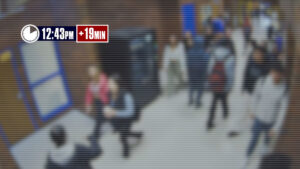
At 2:26 p.m., two hours and two minutes after those shots were fired, all classrooms were accounted for, and students were released from lockdown.
The incident left the high schoolers shaken, student Matisse Hasler told KSL on the day of the lockdown.
“There’s this girl sitting next to me having a panic attack,” she recalled. “I just started texting my mom and I texted my brother and I was like, ‘I love you, it’ll be okay,.’”
It also left KSL asking questions of Granite School District and Taylorsville police about the timeline, with 12 minutes passing before police are heard discussing the possibility of a lockdown.
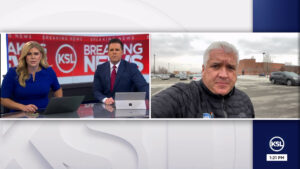
Taking stock
Ben Horsley with Granite School District said he believes the response was fitting.
“Based on the information that we received at that time, there was not an initial report of gunfire,” Horsley said. “Many people thought it was fireworks. And until there was somebody who actually came and made a verbal report that they saw a weapon and it was discharged to a police officer, then a protocol was initiated.”
Police records show that 911 dispatchers did take reports of gunfire — three of them within five minutes of the gunshots — according to the audio and police logs.
So why not call a lockdown – with outside doors bolted and students in locked classrooms – any time potential gunfire is heard?
Taylorsville Police Chief Brady Cottam said police need flexibility to figure out what’s really happening – and that can take time. While officers don’t need every piece of information before they respond, Cottam said, they want to have a good idea of what they’re dealing with in making certain decisions.
“I think it’s just figuring out, do we have shots fired?” Cottam said. In reviewing the recordings, he said, “I love the fact that I hear cool, calm collect officers: let’s gather facts, not just run through the halls.”
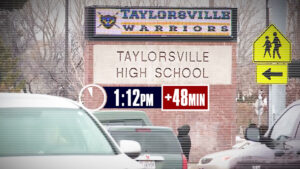
Acting fast
Fortunately, at Taylorsville High, no one was injured, and no more shots were fired.
But when an active shooter is on campus, there’s no time to waste, said school safety expert Michael Dorn.
“We teach to always err on the side of caution,” said Dorn, with Safe Havens International, a nonprofit that’s done security assessments for more than 9,000 schools at the elementary, middle and high school levels nationwide.
“I tell people to think in terms of seconds, not minutes,” Dorn said.
Complicating matters in Taylorsville? An open campus with kids coming and going in the middle of lunch.
“It was absolutely the worst possible time you can initiate any sort of protocol,” Horsley said. “We’re talking about over 1,000 kids off of campus who have no idea that there’s something that’s occurred on campus. There’s no way to text or alert them.”
Before that day, Granite didn’t require lockdown drills during the lunch hour, Horsley said, but that will change for next school year.
Finding the best approach
The events of that day had the KSL Investigators asking – what is the right procedure, training and response?
“The right type of emergency procedures and training, so that staff can on their own volition react very quickly, are extremely important,” Dorn said.
But employees often hesitate to do so, he said.
“People don’t want to shut an entire school down and cause the fear and panic,” Dorn explained.
A common protocol in Utah and across the country – allowing schools to “lock out” – lock exterior doors, but continue as normal inside – isn’t ideal, Dorn said.
“Thousands of schools are using that approach across the country,” Dorn said. “There’s not a good option to lockdown but keep classes going. In other words, clearing the hallways, moving people to interior areas and locking the doors while we’re trying to sort out what happened.”
After the gunshots in January, Granite School District also started using a new emergency notification system – available to all employees on their phones – giving them the ability to initiate a lockdown at any time, from anywhere.
But Dorn says that’s not as helpful as you might think.
“They often fail for technical reasons. But more importantly, we found that people just can’t use them under even slight stress,” Dorn said.
A few other steps can be helpful, he said, like installing outdoor strobe lights to alert off-campus students that an emergency protocol is in place. And he notes that smarter surveillance cameras can detect sudden running, a person on the ground, or even the ability to track someone’s clothing as they move through the school.
“Had those things been in place, the chances are very high that they would have known very quickly what they had,” Dorn said of Taylorsville High.
Horsley noted Granite School District has looked into smart surveillance cameras, but it couldn’t afford that technology.
A new reality
What is clear: Solutions cost money. Horsley said the district requested $12 million this year to boost security.
And the 2023 Utah Legislature chipped in, setting up a task force with the goal of upgrading and standardizing protocols across the state and allotting $75 million to bring on more school resource officers, cover training for employees, and buy tech that can identify guns in schools. Granite has already installed the firearm detectors at Hunter High.
“To some degree, I get very frustrated that as a school administrator, I’m dealing with security more than I am dealing with instructional improvement,” Horsley said.
He said students generally take drills seriously and understand why they’re necessary, but knowing a potential shooting could happen in schools is “heartbreaking,” Horsley said.
“This is our new reality,” he said.
Have you experienced something you think just isn’t right? The KSL Investigators want to help. Submit your tip at investigates@ksl.com or 385-707-6153 so we can get working for you.

Utah
Wildfire threatens Utah family’s 40-year mule ride business at Grand Canyon

TROPIC, Utah — For over 40 years, Canyon Trail Rides, a family-run business based in southern Utah, has been a beloved fixture at the North Rim of Grand Canyon National Park.
“I started this business in 1983, and it’s been a really good business,” said company founder Paul Mangum.
Paul began offering mule rides in Zion and Bryce Canyon in 1973, expanding to the North Rim a decade later.
However, on July 4, everything changed when lightning sparked the Dragon Bravo Fire.
National News
PHOTOS: Historic Grand Canyon lodge, other structures destroyed in wildfire
“The smoke was so thick you could hardly breathe,” said Paul’s son, Tawn Mangum.
On July 11, the Mangums evacuated their mules and staff and shut down operations at the North Rim.
“We take 70 to 80 people a day from May to October, and we’re shut down,” Tawn said. “I don’t know what we’re going to do.”
The fire has burned over 5,700 acres and destroyed dozens of structures — including the historic Grand Canyon Lodge, the only hotel on the North Rim, along with the visitor center and employee housing.
WATCH: Massive ‘Firenado’ awes, frightens over Deer Creek Fire in southeastern Utah
Massive ‘Firenado’ awes, frightens over Deer Creek Fire in southeastern Utah
It’s the second time the lodge has burned since it was built in 1927; the first fire was a kitchen fire that damaged it in 1932.
Even though the North Rim sees only 10 percent of the park’s visitors, it’s home for the Mangums.
“I met my wife there, raised our three kids there. It’s our second home,” Tawn said.
With the fire still burning, the future of Canyon Trail Rides at the Grand Canyon’s north rim is uncertain.
“It’s real sad,” Paul said. “What I feel most bad about is my employees, because they’re out of a job now.”
Utah
Golden State Warriors vs Utah Jazz Jul 13, 2025 Game Summary

